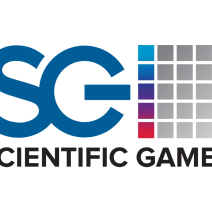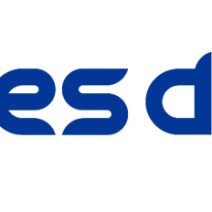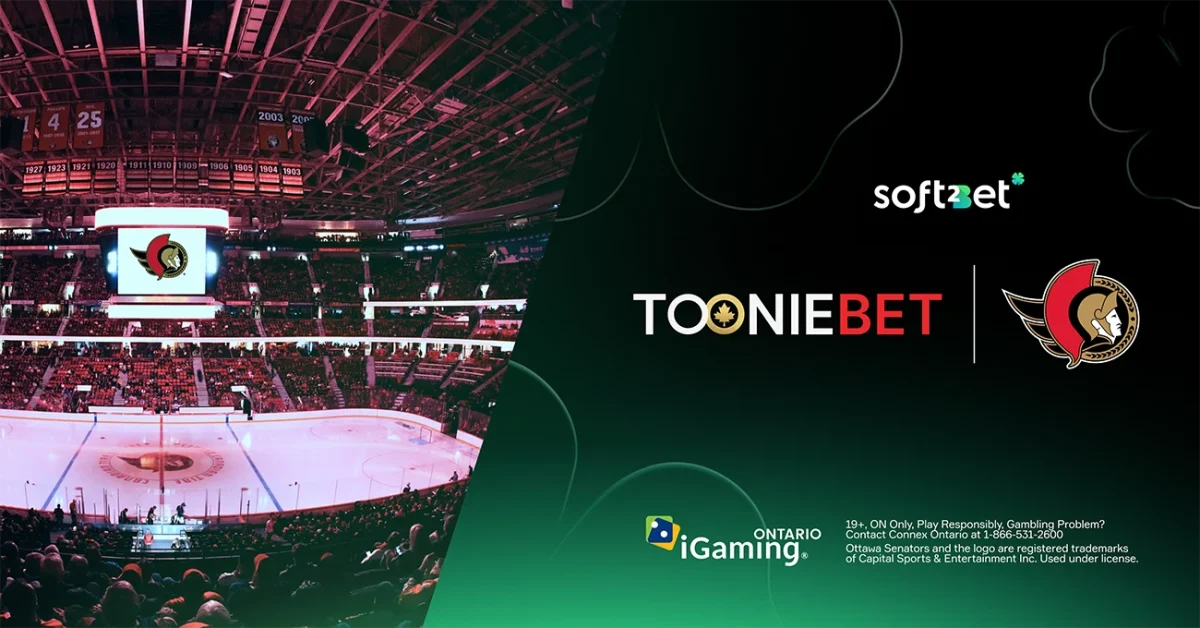
Comprehensive Guide to Online Casino Payment Methods for NZ Players
Playcasino.co.nz has published a new comprehensive guide to payment methods for New Zealand online casino players. The guide highlights the growing popularity of mobile casino payment solutions among New Zealand players and provides detailed information about the various options available in the market.
According to industry observations, mobile payment solutions are becoming increasingly popular choices for online casinos transactions in New Zealand. This trend appears to align with the wider adoption of smartphone technology across the country and growing consumer demand for convenient, secure payment options.
“We’ve created this guide to help New Zealand players navigate the complex landscape of online casino payment options,” said Terri Radford, Content Director at www.playcasino.co.nz. “Payment methods like PayforIt and Zimpler are gaining traction because they align with how Kiwis prefer to manage their online entertainment spending—directly from their mobile devices, with enhanced security and spending controls.”
The guide emphasises that choosing the right payment method significantly impacts player experience, affecting everything from transaction speed to financial security. With online gambling continuing to grow in popularity in New Zealand, understanding available payment options has become essential for players seeking both security and convenience.
Payment Options Explained
The guide provides information on several payment methods currently available to New Zealand players:
- Mobile Solutions: PayforIt and Zimpler offer convenient mobile-based payment options. These services are particularly popular among younger players who prefer managing their gaming expenses directly through their mobile devices.
- E-Wallets: PayPal and Skrill are noted for their quick processing times, with PayPal being one of the few e-wallets supporting both deposits and withdrawals in New Zealand. E-wallets typically process deposits within minutes, which is considerably faster than traditional bank transfers.
- Traditional Methods: VISA/MasterCard remain widely used options, available at virtually all online casinos. Card payments continue to be a preferred method for many New Zealand players, particularly those who value familiarity and ease of use.
- Local Favourites: POLi has maintained strong usage among New Zealanders due to its immediate transaction times and absence of currency conversion fees. As a locally-developed solution, it has gained the trust of many New Zealand players.
- Cryptocurrency: Bitcoin and other cryptocurrencies offer benefits for players who value transaction speed and withdrawal flexibility. While still considered alternative payment methods, cryptocurrencies like Ethereum and Litecoin are gaining acceptance at many online casinos serving the New Zealand market.
- Prepaid Options: Paysafecard and Neosurf provide prepaid voucher systems that are popular among players who prioritise privacy and spending control. These methods are particularly useful for players who wish to maintain strict budget limits on their gaming activities.
According to industry feedback, transaction speed and security measures are important considerations for New Zealand players when selecting a payment method. Many players also indicate a preference for payment methods that support both deposits and withdrawals, eliminating the need to register multiple services.
Understanding Player Preferences
The guide acknowledges that personal preferences significantly influence payment method choices, with factors such as spending habits, withdrawal frequency, and security concerns playing key roles in decision-making.
“Every player has unique requirements when it comes to managing their funds,” Radford noted. “Some prioritise absolute privacy with methods like Paysafecard, while others value the convenience of integrated solutions like POLi. Our goal is to help players make informed decisions that enhance their overall experience while practising responsible gaming.”
The guide also highlights several notable trends in the online casino payment landscape:
- Enhanced Security Features: Many payment providers now implement additional security measures like two-factor authentication and biometric verification, offering players greater peace of mind.
- Regional Solutions: Payment options specifically designed for the New Zealand market continue to be popular choices among local players who appreciate services tailored to their needs.
- Faster Withdrawals: Many online casinos now emphasise the speed of withdrawals as a key selling point, with some offering same-day or instant withdrawals for certain payment methods.
- Responsible Gaming Tools: Some payment methods now offer built-in spending limits and tracking features, which can be valuable tools for players committed to responsible gambling practices.
“The payment landscape for online casinos continues to evolve,” said Daniel Williams, Managing Director of Playcasino.co.nz. “Our observation is that successful online casinos in New Zealand tend to be those that offer a diverse range of payment options while prioritising both security and user experience. We’re also noticing increased interest in payment methods that support responsible gaming practices.”
Regional Considerations
The guide notes that preferences may vary across different regions of New Zealand. Urban players might have access to and comfort with a wider range of digital payment options, while players in rural areas might rely more heavily on traditional banking methods.
“These regional differences highlight the importance of offering a diverse range of payment options,” noted Radford. “The online casino market in New Zealand is not monolithic, and player preferences vary significantly based on location, age demographics, and technological comfort levels.”
About Playcasino.co.nz
Playcasino.co.nz is a leading online casino affiliate website that offers comprehensive guides, reviews, and the latest news tailored for New Zealand’s real money casino players. The site adheres to responsible gambling principles and provides resources to help players make informed choices.
In addition to payment method information, Play Casino offers detailed reviews of online casinos available to New Zealand players, up-to-date information on no deposit bonuses and promotions, and comprehensive guides on casino games and strategies. The site’s team regularly publishes informational content on various aspects of the online gambling industry, with a particular focus on the New Zealand market.










